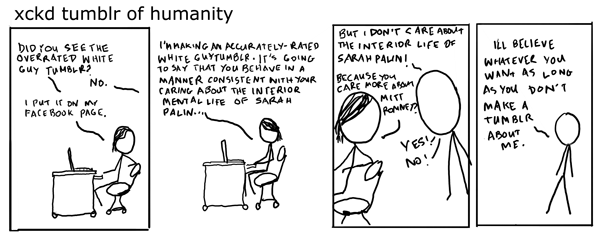Cover note – over the next several months, I hope to review as many new books on the political economy of advanced industrialized societies post-2008 as I can. There is a lot of interesting work out being done which isn’t getting covered as well as it should in US public debate. Next up: Lane Kenworthy.
Conflict of interest warning: Although I’ve I’ve tried to review the book as though it were written by a complete stranger, Colin was effectively the co-supervisor of my dissertation and is a friend (albeit one whom I don’t see nearly enough of).
Colin Crouch – The Strange Non-Death of Neo-Liberalism (available from Powells, Amazon (deprecated)).
The Strange Non-Death of Neo-Liberalism looks at the prospects of neo-liberalism (which Crouch sees as claiming that “optimal outcomes will be achieved if the demand and supply for goods and services are allowed to adjust to each other through the price mechanism, without interference by government or other forces”) post-2008, and argues that they are pretty good. Even if neoliberalism _should_ have been discredited, it is emerging more powerfully than ever, as states cut back welfare and public spending in the wake of the crisis. Crouch argues that neoliberalism, despite its claims, is effectively “devoted to the dominance of public life by the giant corporation.” What neo-liberals, and some leftists, see as a conflict between the market and the state is in fact an argument over how the two should relate to each other. Neoliberals are not pushing for free markets so much as a certain style of politics, which masquerades as a commitment to free markets, independent of politics, but in fact is an unhealthy hybridization of the two. To the extent that politics pervades markets, and markets pervades politics, both suffer.
[click to continue…]
